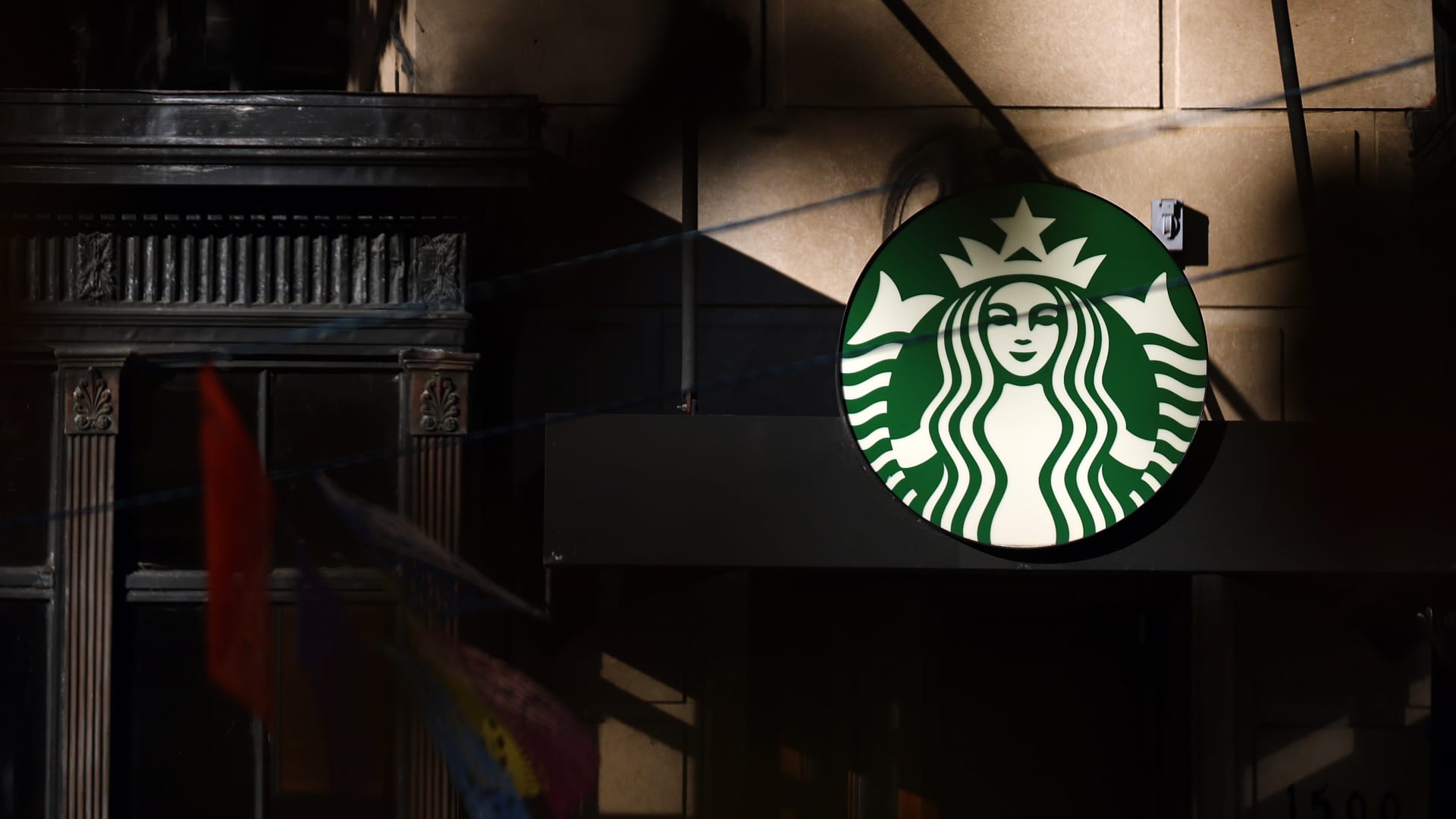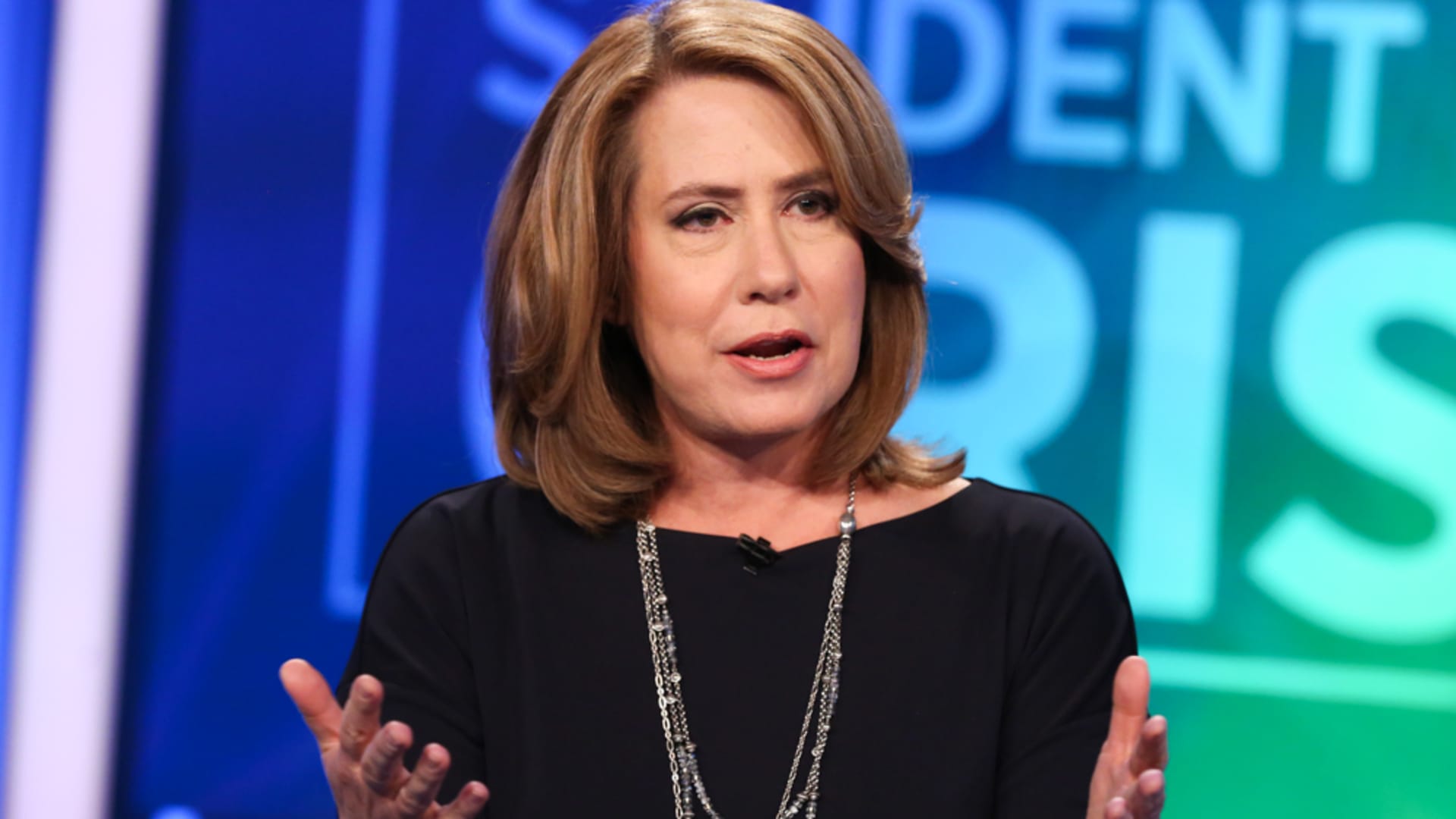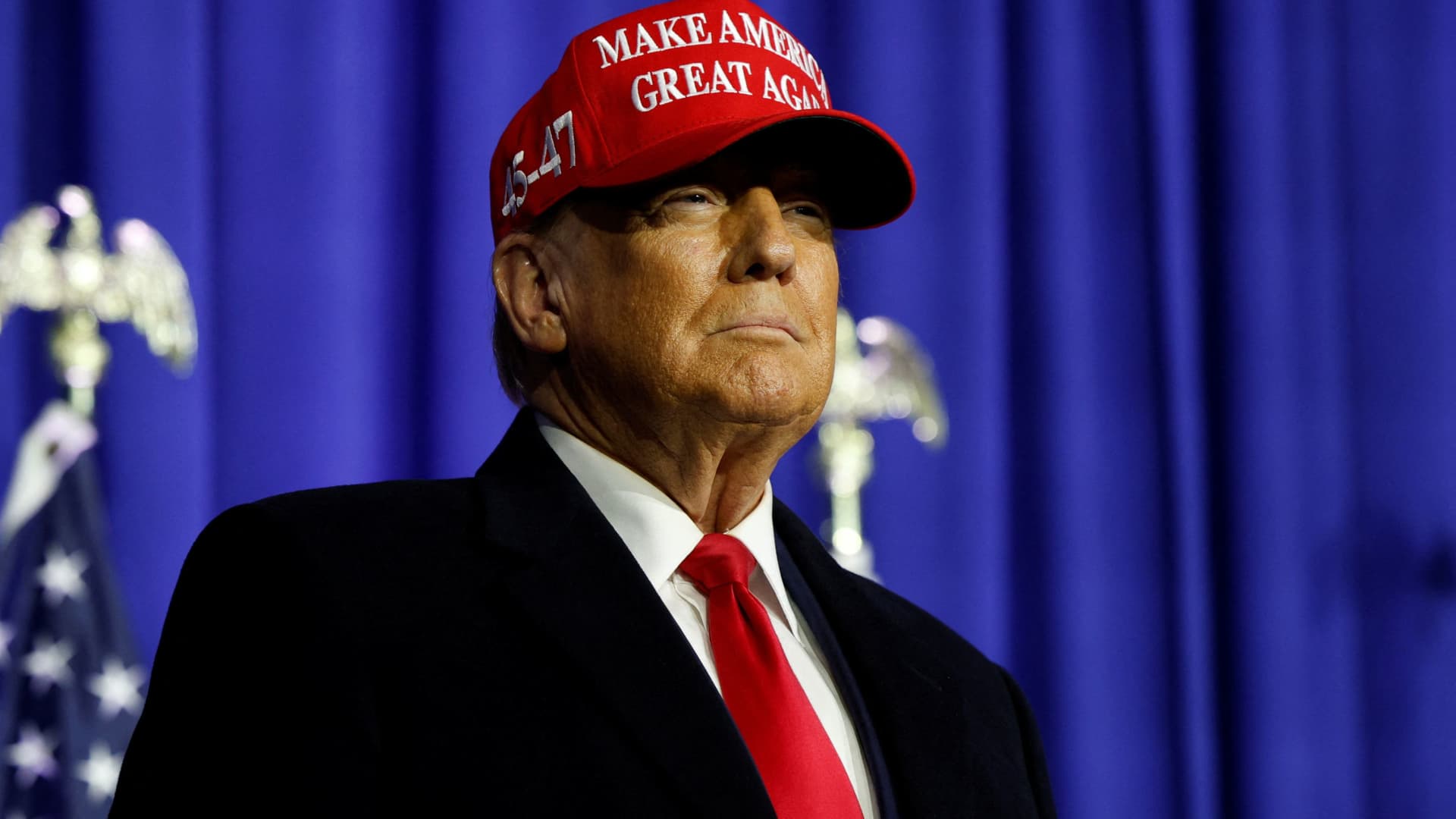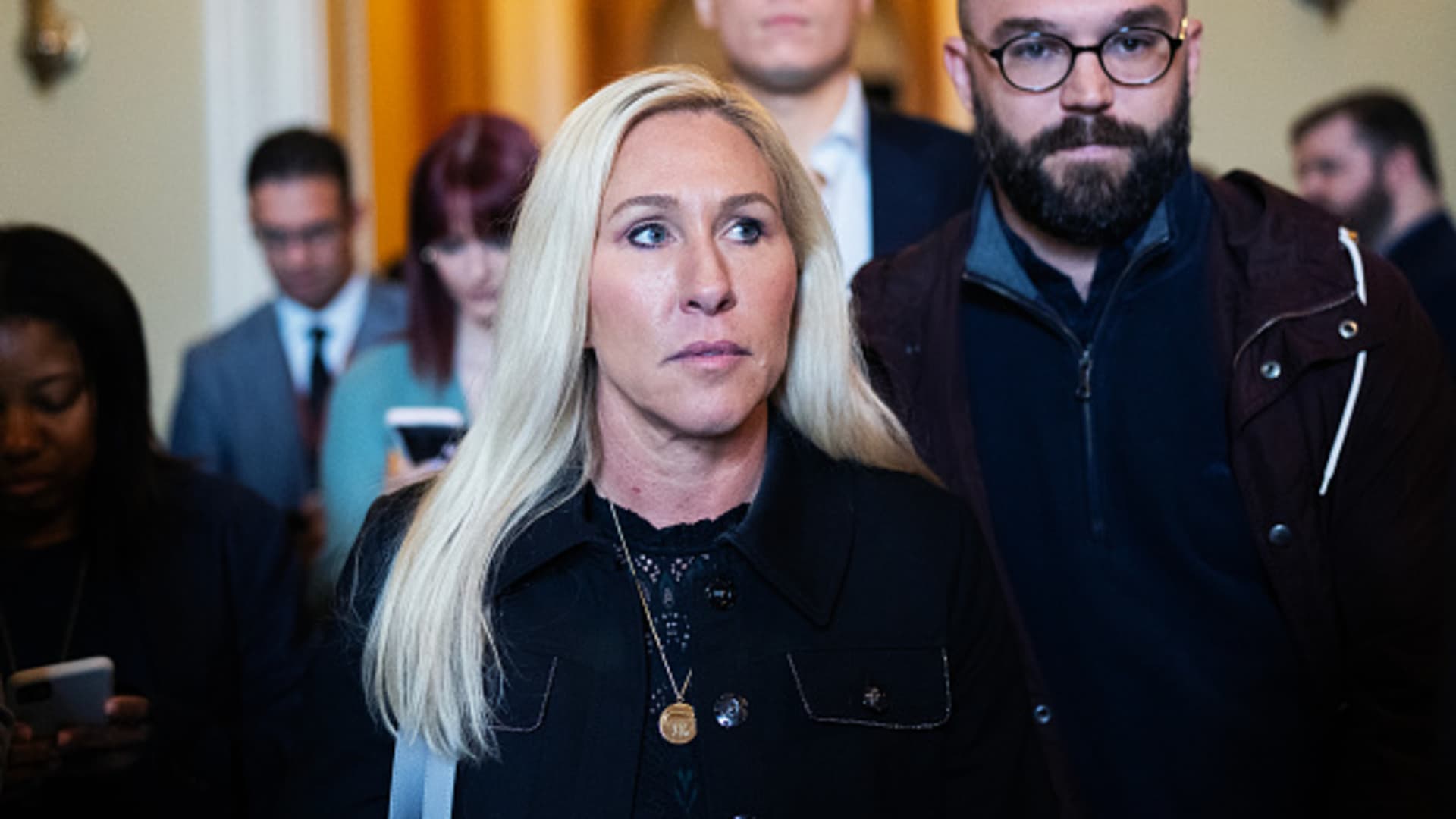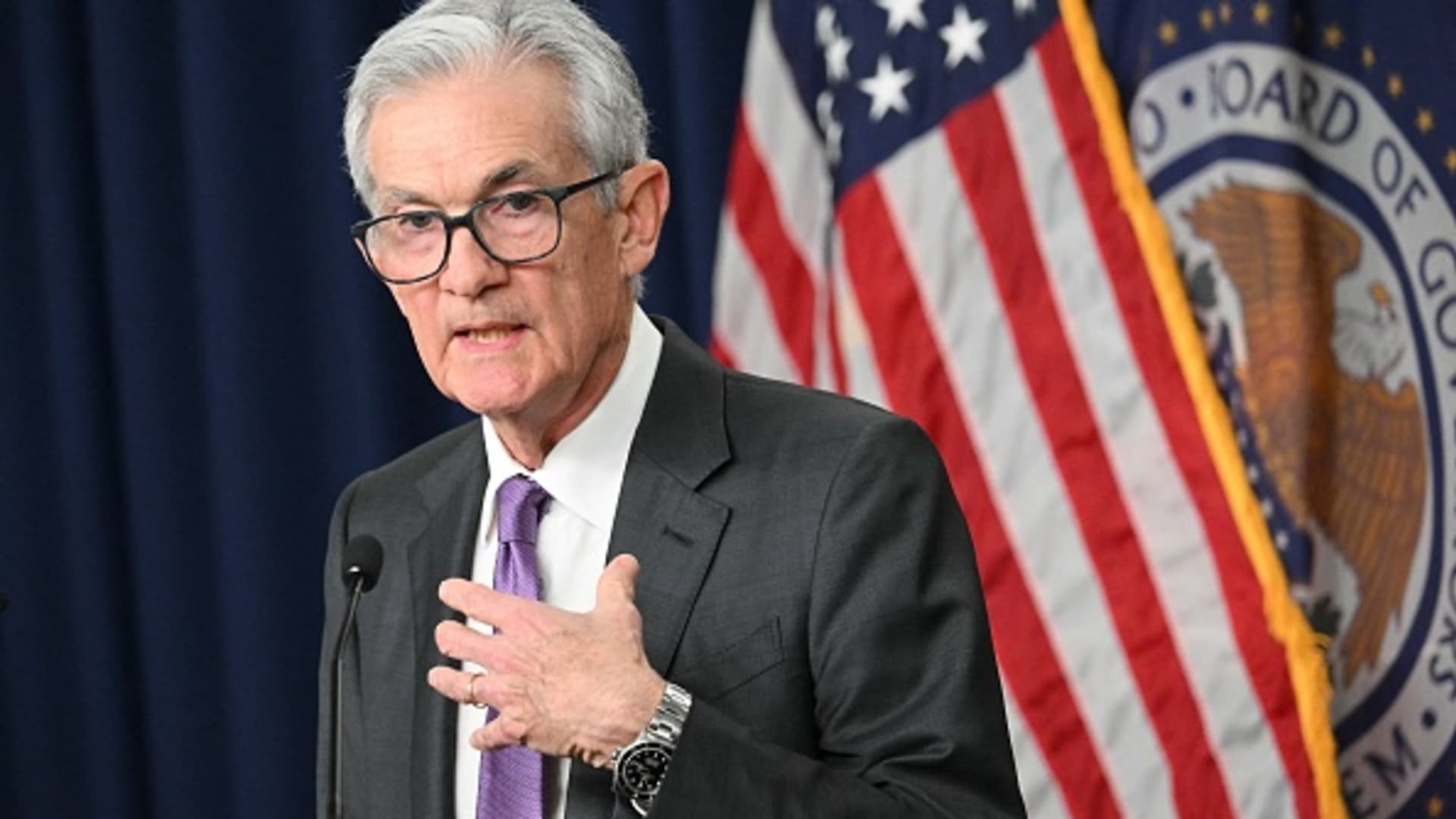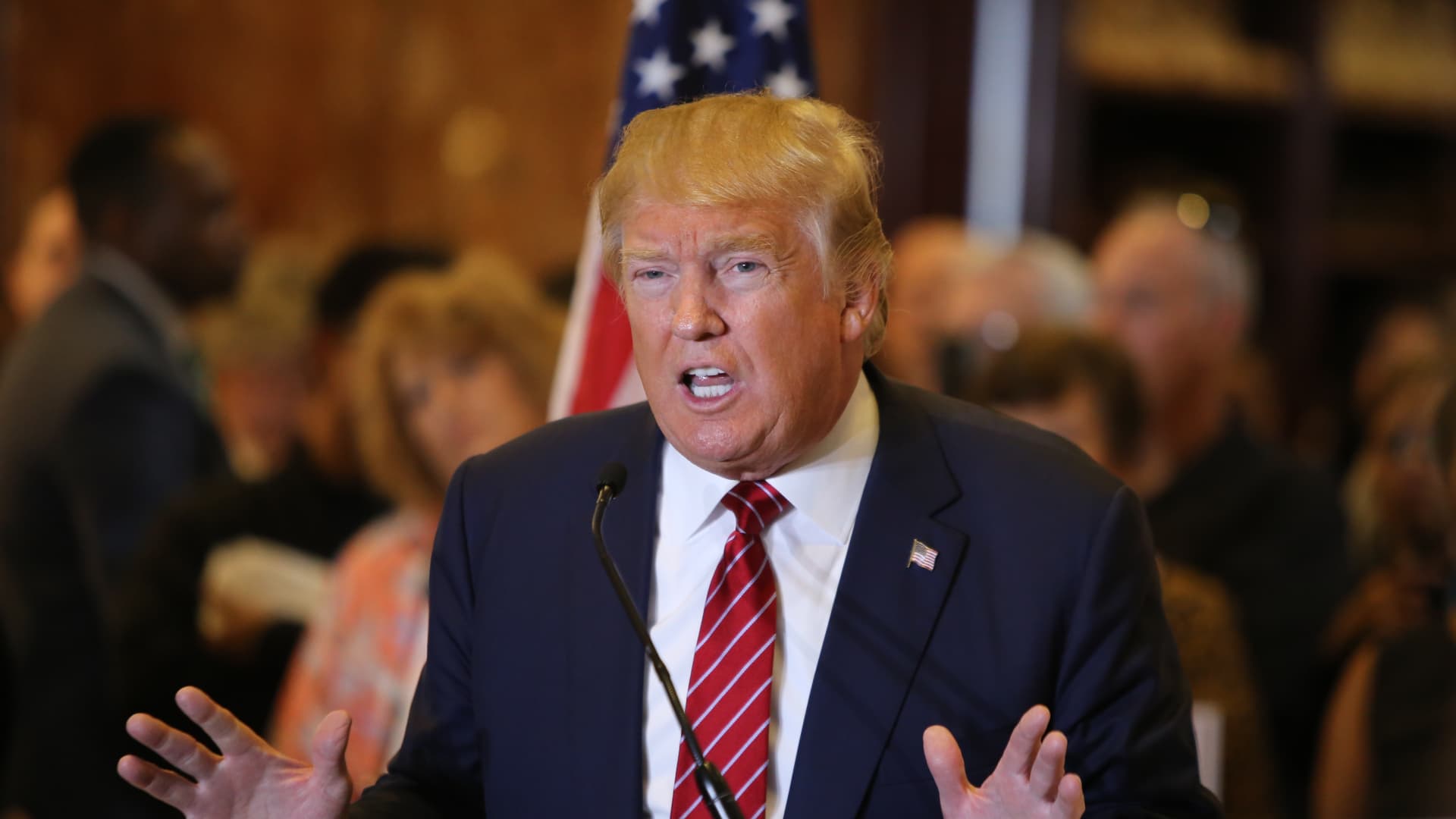Jamie Dimon, the CEO of JPMorgan Chase, warned on Friday of a “worrying” global situation, pointing to a cascade of stresses including war, rising geopolitical tensions and inflation that could threaten the economy and hurt the performance of the country’s largest bank.
Mr. Dimon’s comments – which he made at the same time as his bank’s quarterly earnings report, which highlighted weaknesses in some areas of its business – add to his concerns about the U.S. economy as the Federal Reserve wrestles with when and whether to cut interest rates , particularly in light of hotter than expected inflation data this week.
On a call with reporters on Friday, Mr. Dimon underscored his concerns, describing turbulent financial markets as “too happy.” He said he couldn’t predict whether the economy would fall into a recession, but that “the likelihood of bad outcomes is higher than people think.”
Mr. Dimon is the most prominent bank boss. Not only does JPMorgan operate in all areas of the global economy, he is also the only major bank chief remaining from the 2008 financial crisis, and his comments are closely watched on Wall Street and in Washington. He was the only head of a major American lender to attend the White House state dinner for the Japanese prime minister this week.
However, his gloomy mood was always at odds with the strong financial markets. For example, at the end of 2022 he predicted economic setbacks and possibly a severe recession next year; Instead, the American economy boomed in 2023.
In fact, Citigroup Chief Financial Officer Mark Mason expressed a relatively optimistic assessment in his speech on Friday as his own bank reported earnings. Mr. Mason described the global economy as “resilient” and said that while Citi expects economic growth to slow during the year, strong consumer spending and employment data gave cause for optimism.
JPMorgan reported first-quarter profit of more than $13 billion and revenue of nearly $42 billion, both better than analysts expected. However, it said there had been a decline in deposits as customers sought to invest their money rather than leaving it in current and savings accounts, and there were warnings of higher spending in the future. JPMorgan also reported a larger-than-expected decline in its so-called net interest income, a closely watched financial measure that essentially measures how much money the company can make from lending.
Wells Fargo, the country’s third-largest bank, separately reported earnings on Friday that also included a decline in that measure. The company posted a quarterly profit of $4.6 billion, down 7 percent year-on-year. The bank’s average deposits also fell and the number of new loans it issued fell compared to the previous year, in part due to its leadership’s actions to reduce mortgage lending.
JPMorgan shares fell more than 6 percent on Friday – their worst day in nearly four years – while Wells Fargo shares fell less than 1 percent.
Many economists predicted that this year would bring a so-called soft landing, or gentle moderation, in growth and inflation that would allow the Federal Reserve to cut interest rates in an orderly manner.
With little sign of a slowdown, it is unclear whether the central bank will make the three interest rate cuts that officials had predicted this year. Mr. Dimon was among a few bank chiefs who said they were preparing for the possibility of raising interest rates again, a move that would indicate more extreme inflation than currently measured.
Mr. Dimon made more detailed comments about the difficult environment in his annual letter to shareholders this week. He complained, as he had before, that the United States was deficit spending and ticked off a list of complaints about where public and private leaders had fallen short. (“Social media could do more,” he wrote.) Referring to Russia’s invasion of Ukraine and other crises, he wrote that recent events “could well create risks that could dwarf anything since World War II. “
On Friday he said the issue on his mind was “the future of the free world.”
Emily Flitter contributed reporting.
Source link
2024-04-12 20:27:48
www.nytimes.com



